Cinder
We all know that cinders are best placed at the bottom of flower pots. It's not easy to accumulate water, but we all don't know that cinders can be used to make roots
Treatment method
1. Soak the large pieces of coal cinders picked up, then smash them with force, make them into small pieces as much as possible, and wash them with water for 2 ~ 3 times
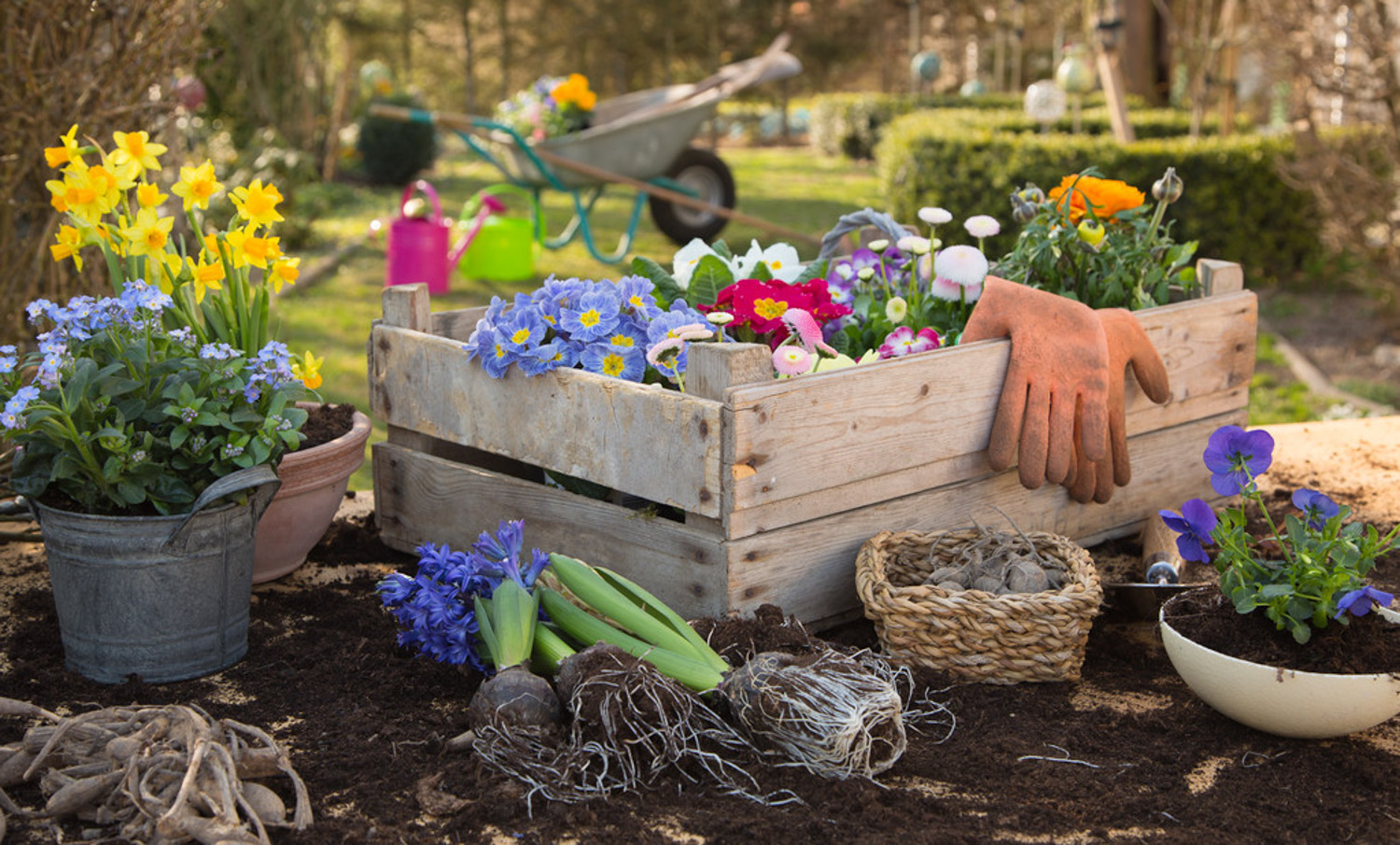
2. Use a sieve to screen the cinder. The smaller particles, about 1 ~ 3cm in diameter, are used for hair roots. The larger particles are put aside. They can be used as backing materials when changing pots in the future

(source: Flower Bonsai network)
3. Fill the selected cinder into the flowerpot and wet it with water
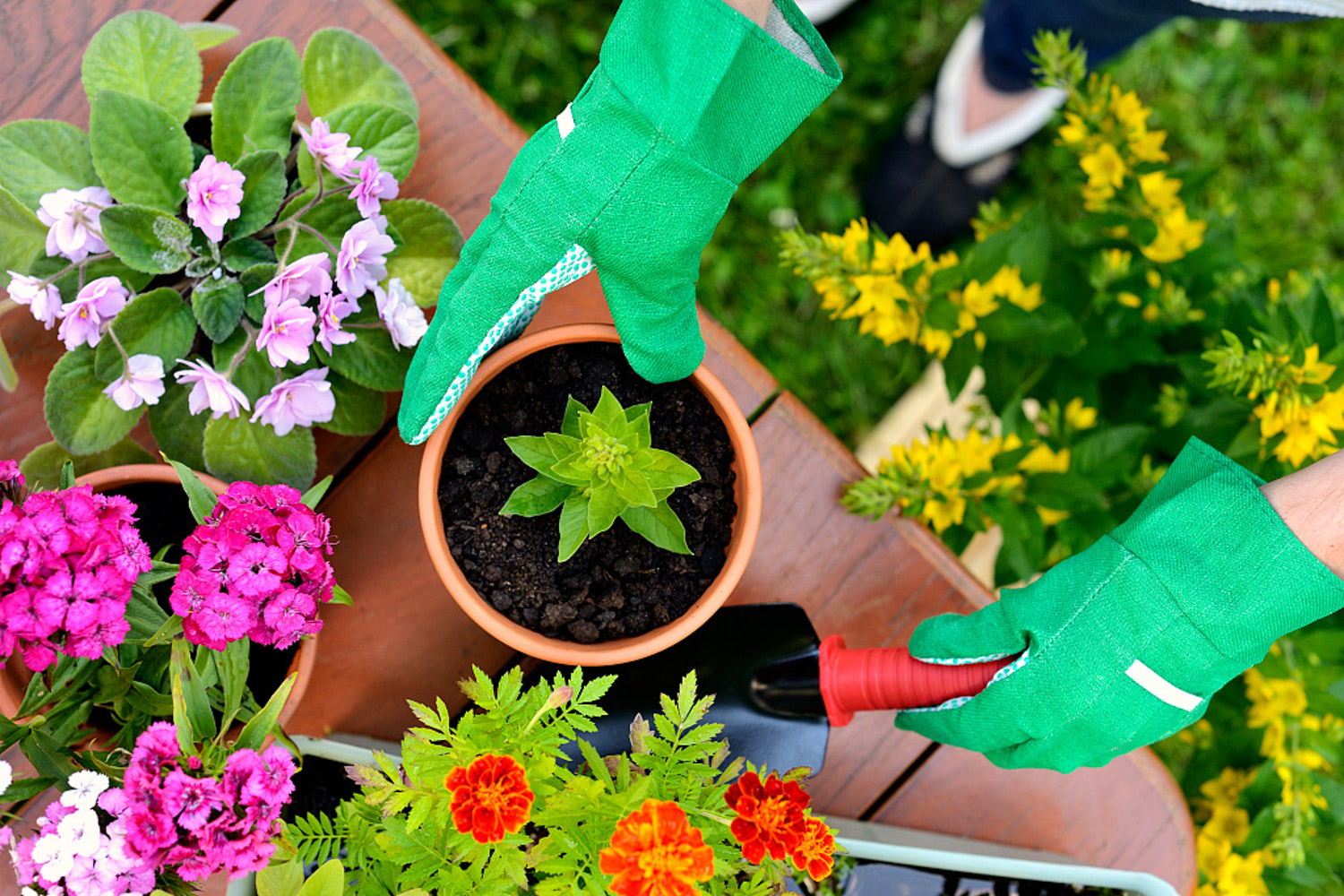
(author: home of kites, source: Sina blog)
4. Disinfect the prepared cuttings, dry them in the shade, and then insert them on the cinder
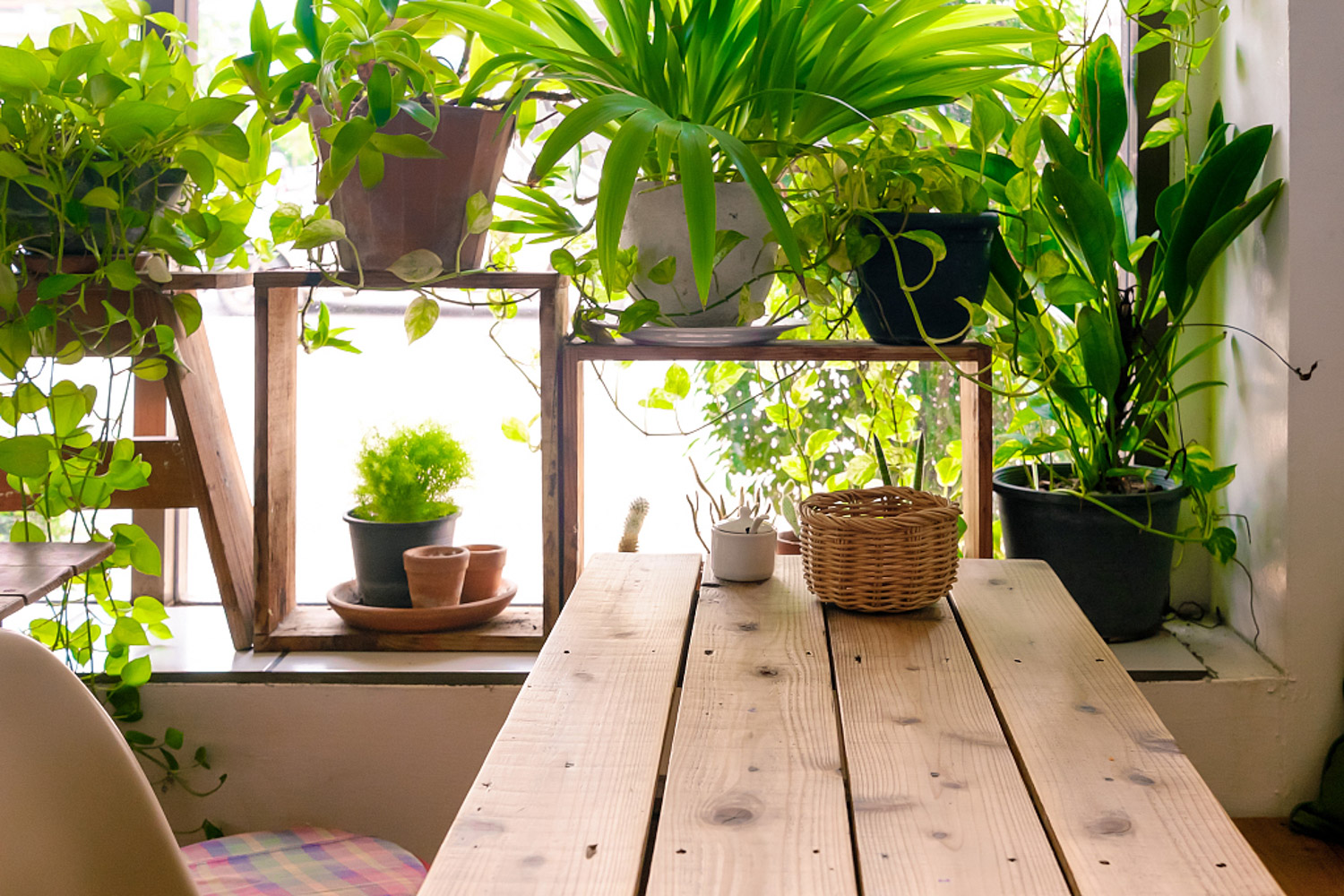
(author: brother Ao Tianxiong, source: Rose Bar)
5. Keep the cinder moist at ordinary times. It can take root in about a week in summer. The following figure shows the rooting situation after cutting for 17 days ~ what a long white root
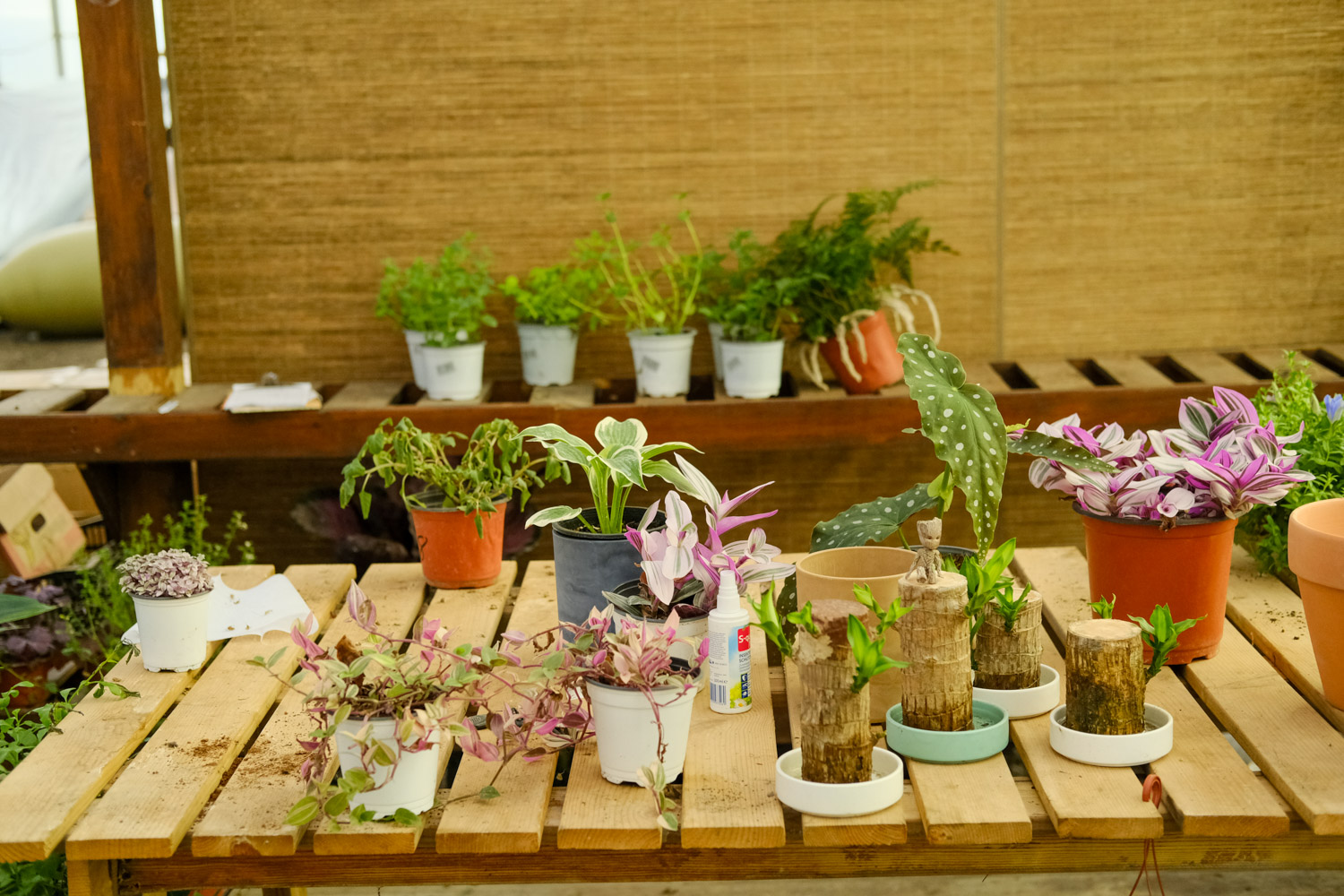
Sawdust
Sawdust is also a favorite place if it is fermented
Treatment method
1. Select pure sawdust that is clean and not mixed with soil
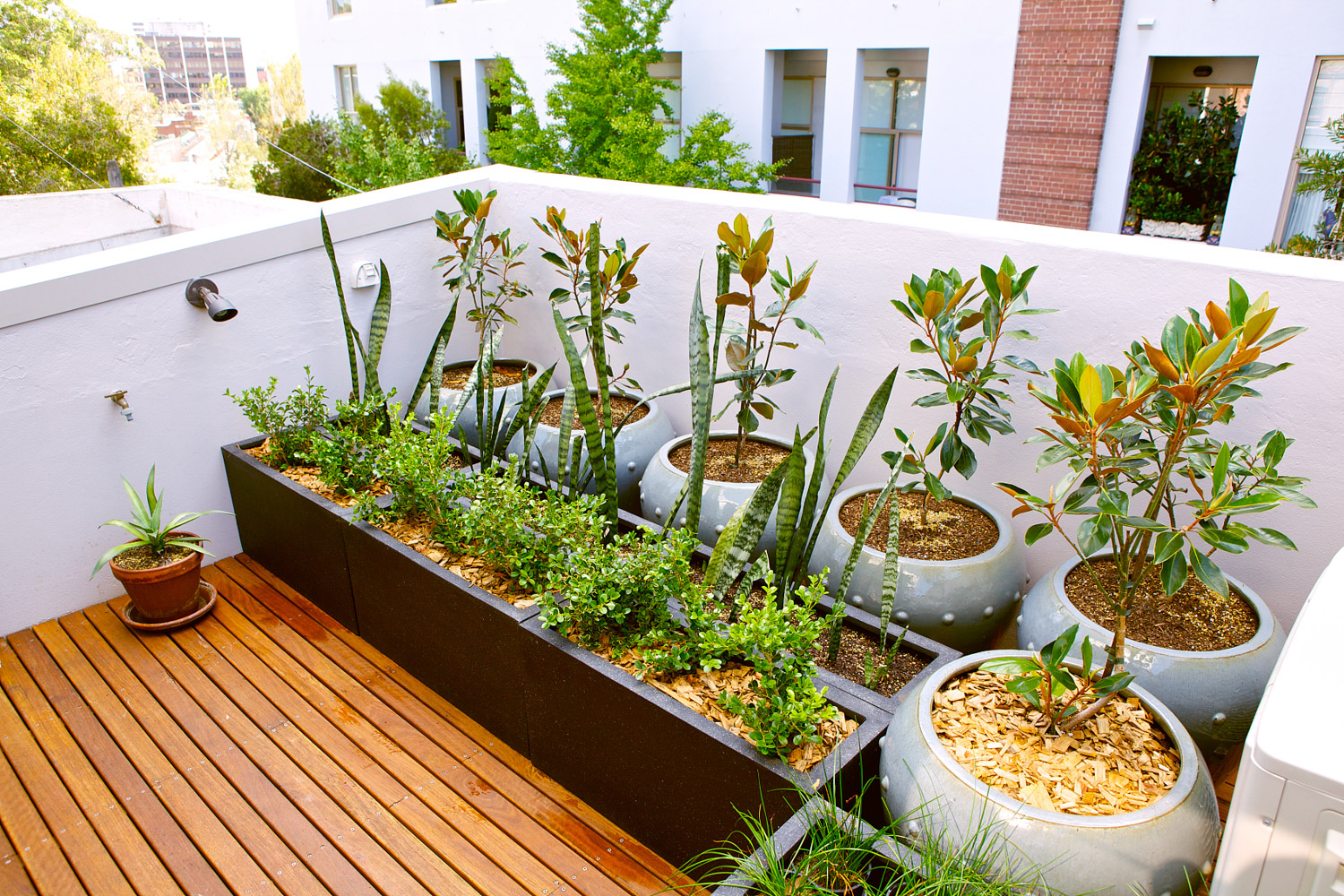
2. Fill in a part of sawdust at the bottom of the flowerpot, put in the orchid to be rooted, hold the orchid with one hand and fill in the sawdust with the other hand until the root of the orchid is covered and the orchid will not fall down
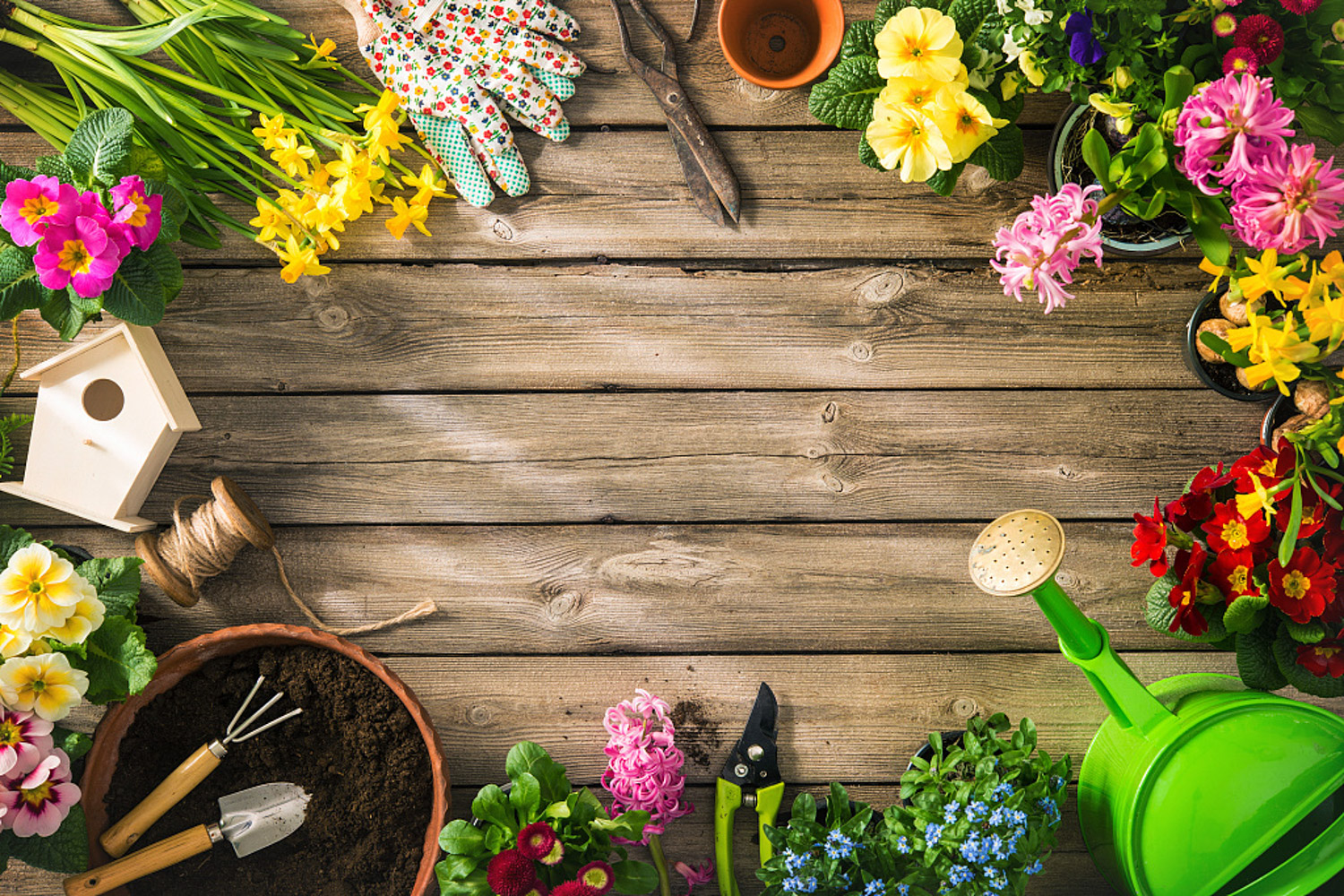
3. Pour water through it and put it in a cool place for curing. Pay attention to keep the sawdust moist. Don't let it all dry. White and tender roots can grow in about 1 ~ 2 months
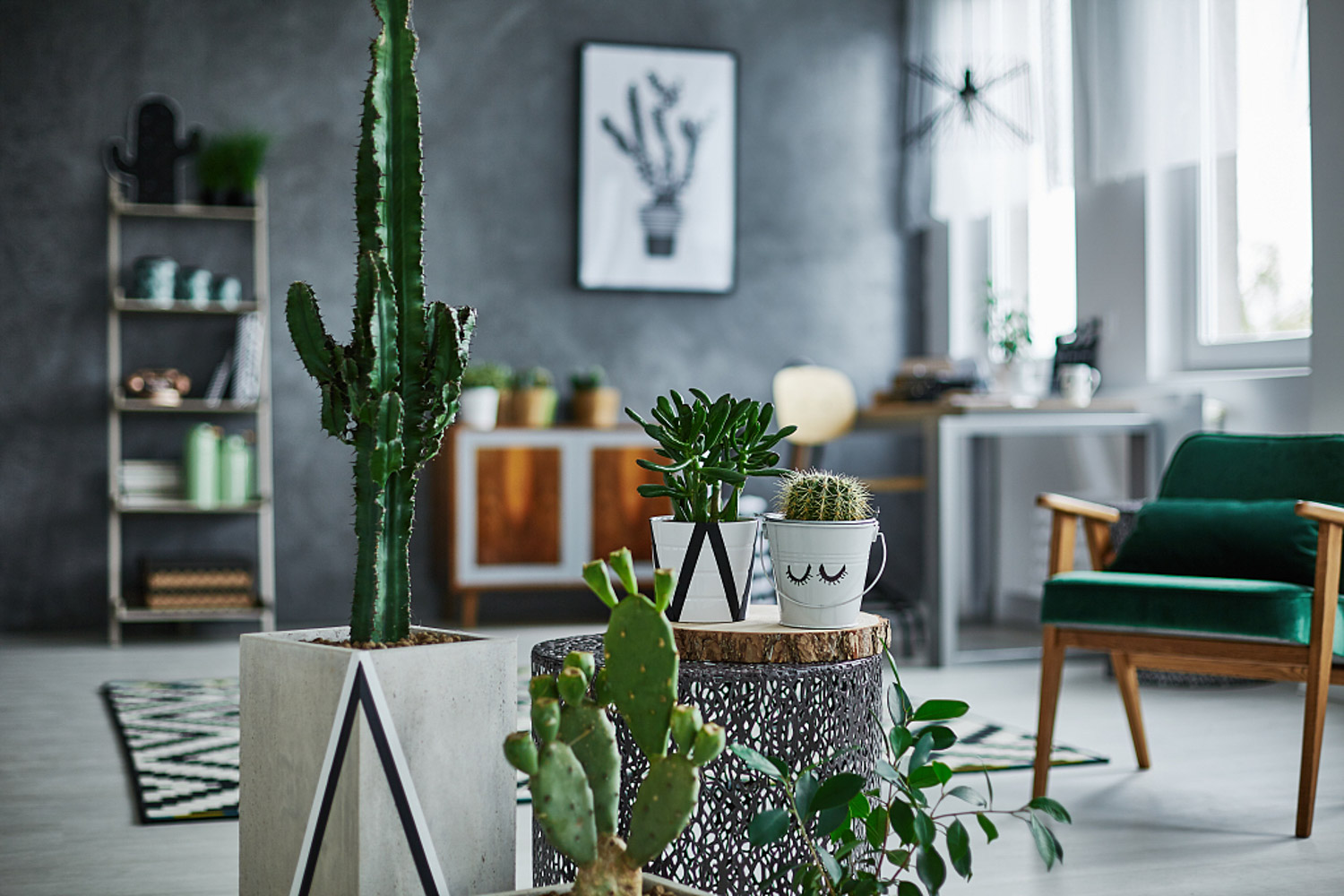
Water moss
There may be many flower friends raising all kinds of orchids, such as Clivia, Phalaenopsis, Guolan and so on. In fact, in addition to cultivating orchids, water moss can also be used to induce roots. The main roots induced by water moss grow white and tender, which is very gratifying
Treatment method - Taking Clivia as an example
1. Cut off all the rotten parts of Clivia, and cut off half of the old pegs below

(author: Liuxiang 918895; source: Clivia bar)
2. After soaking with 1:2000 potassium permanganate, put it in the shade for two days to dry, and apply purple potion to the wound at the bottom. If not, it's OK not to apply it
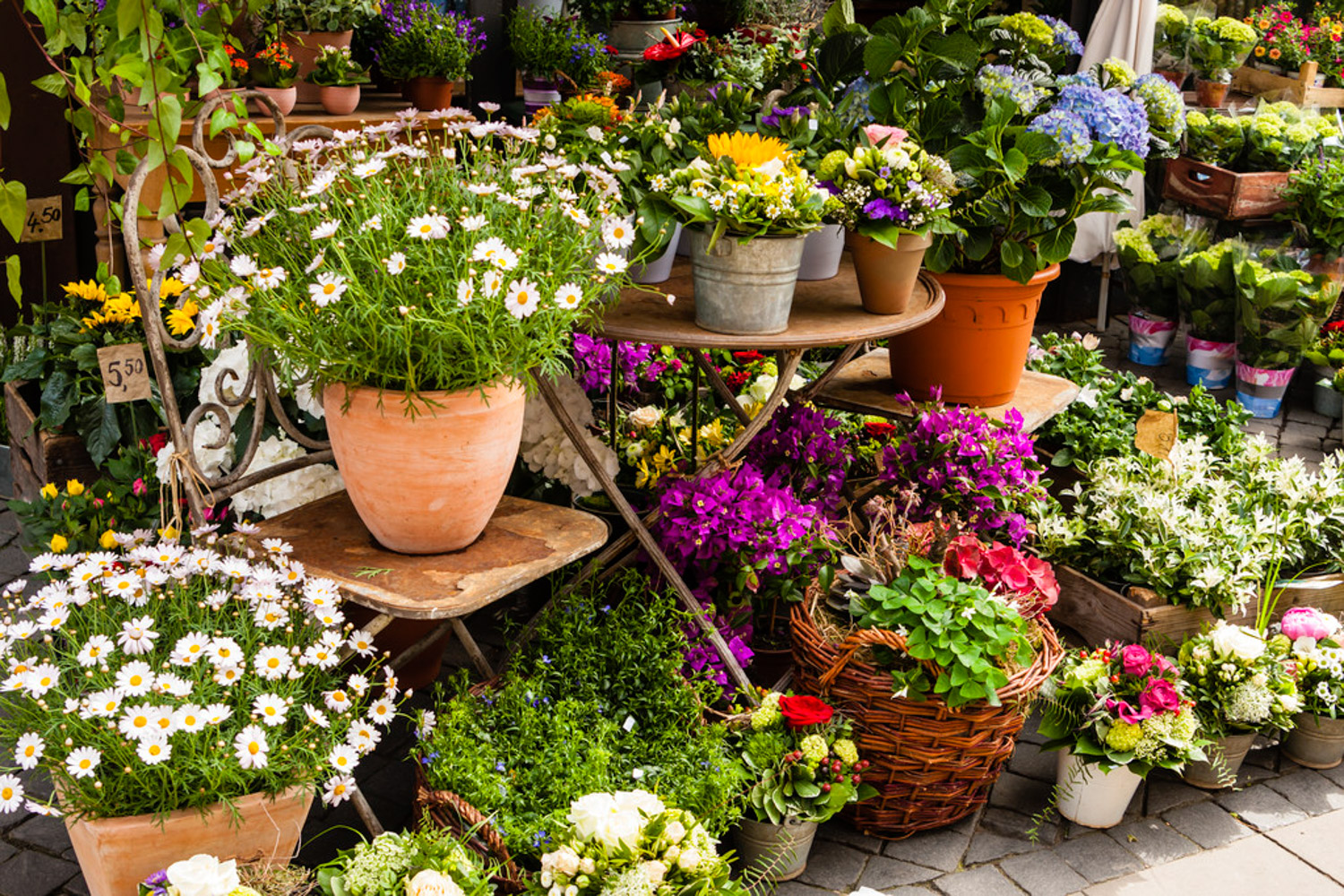
3. Wet the water moss in advance to the degree of wetness, rather than the one that comes out of the water in a pinch. Then wrap the root system of Clivia with water moss and put it into the flower pot
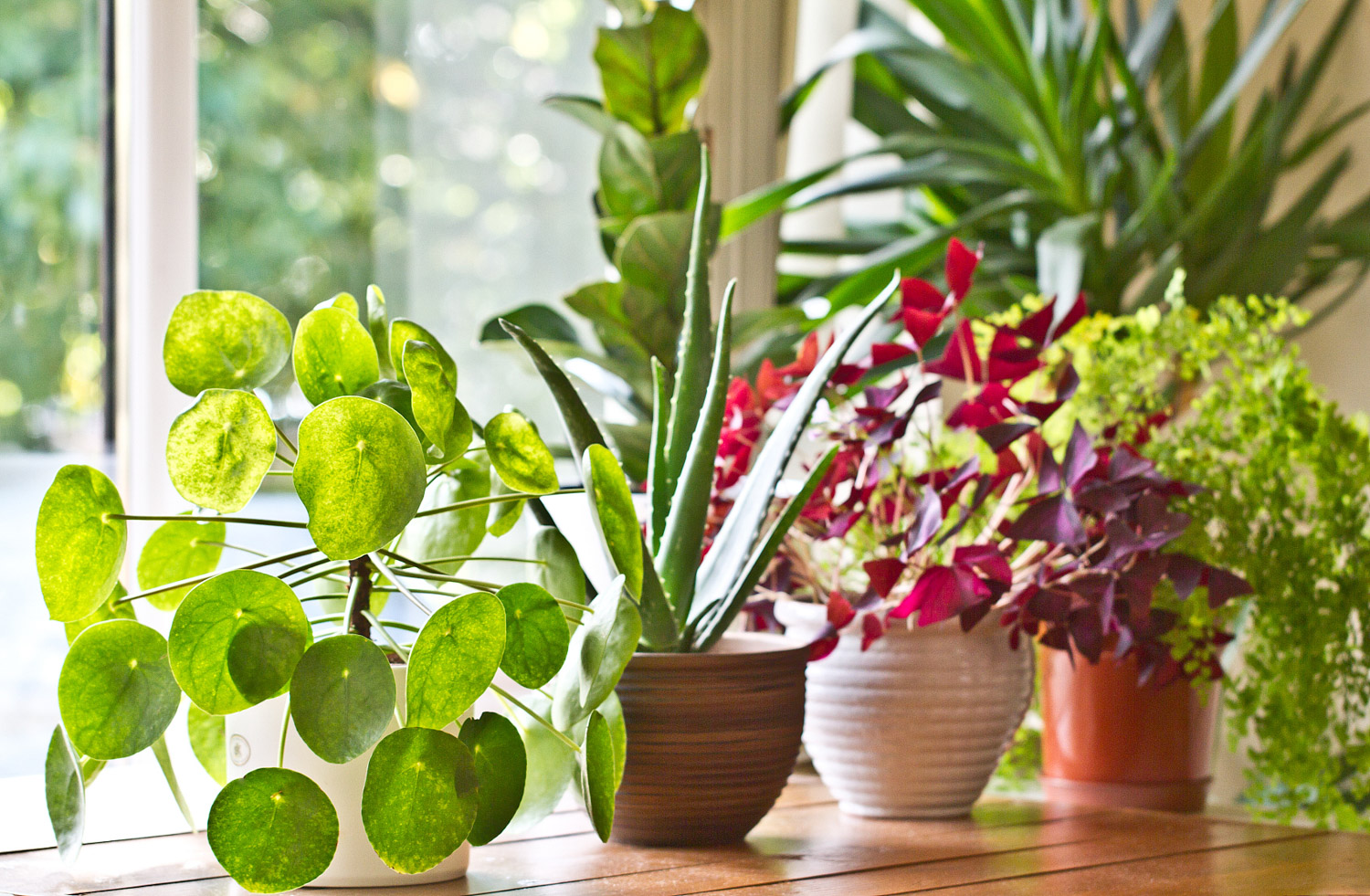
(author: Juan Juan 860212; source: Clivia bar)
4. After putting it into the basin, put it in a cool place indoors. Never direct sunlight. The water moss should always be kept wet. When the water moss is dry outside and there is still a little moisture inside, pour it through
In this way, in about a month, Clivia will produce new roots
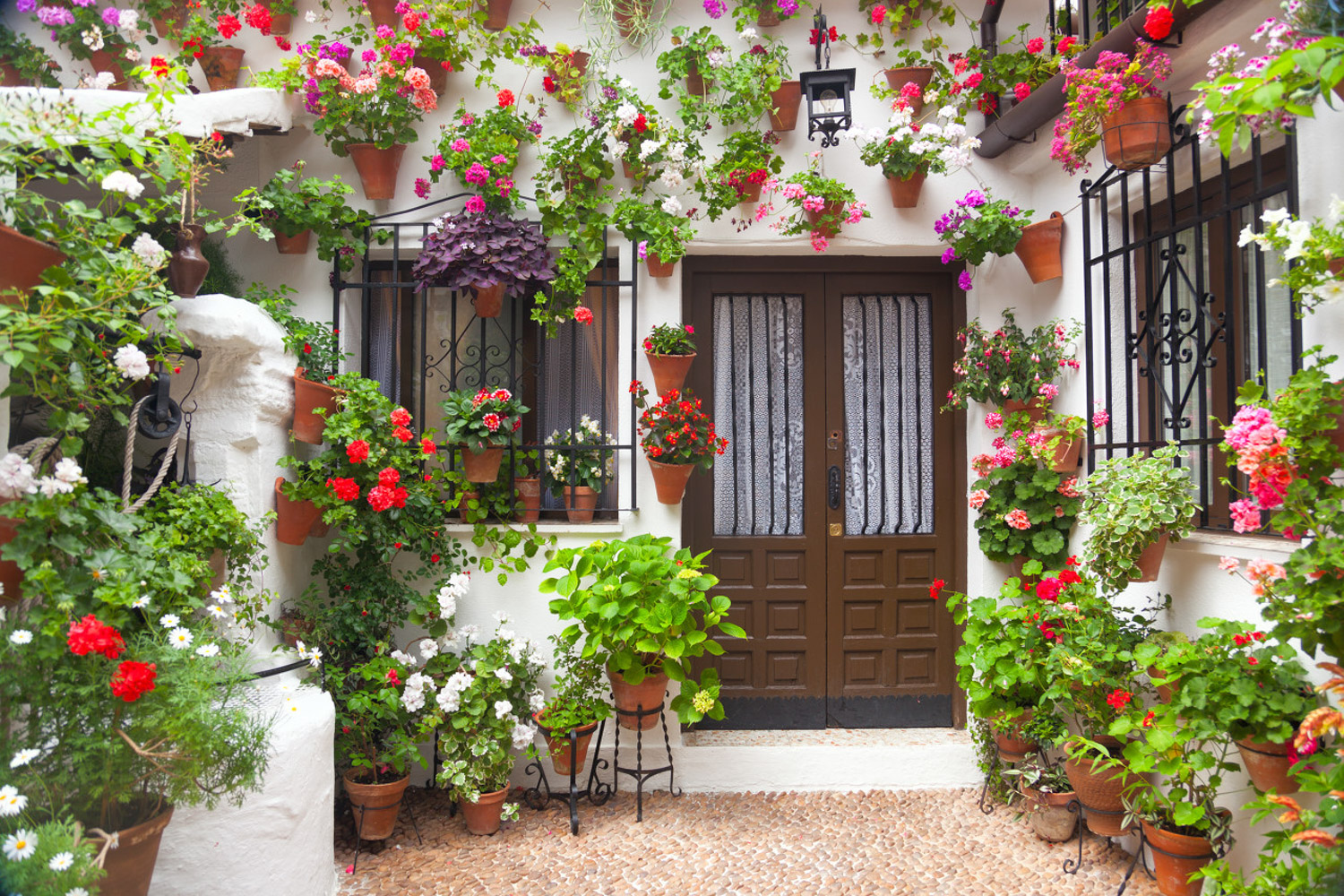
(author: Juan Juan 860212; source: Clivia bar)
River sand
River sand is quite common compared with the above ~ if you can't find the hair root material above. It's also possible to use a river sand~
Treatment method -- Taking meat as an example
1. Prepare a relatively large container. The bottom can be paved with a layer of ceramsite to avoid ponding, and then a layer of river sand
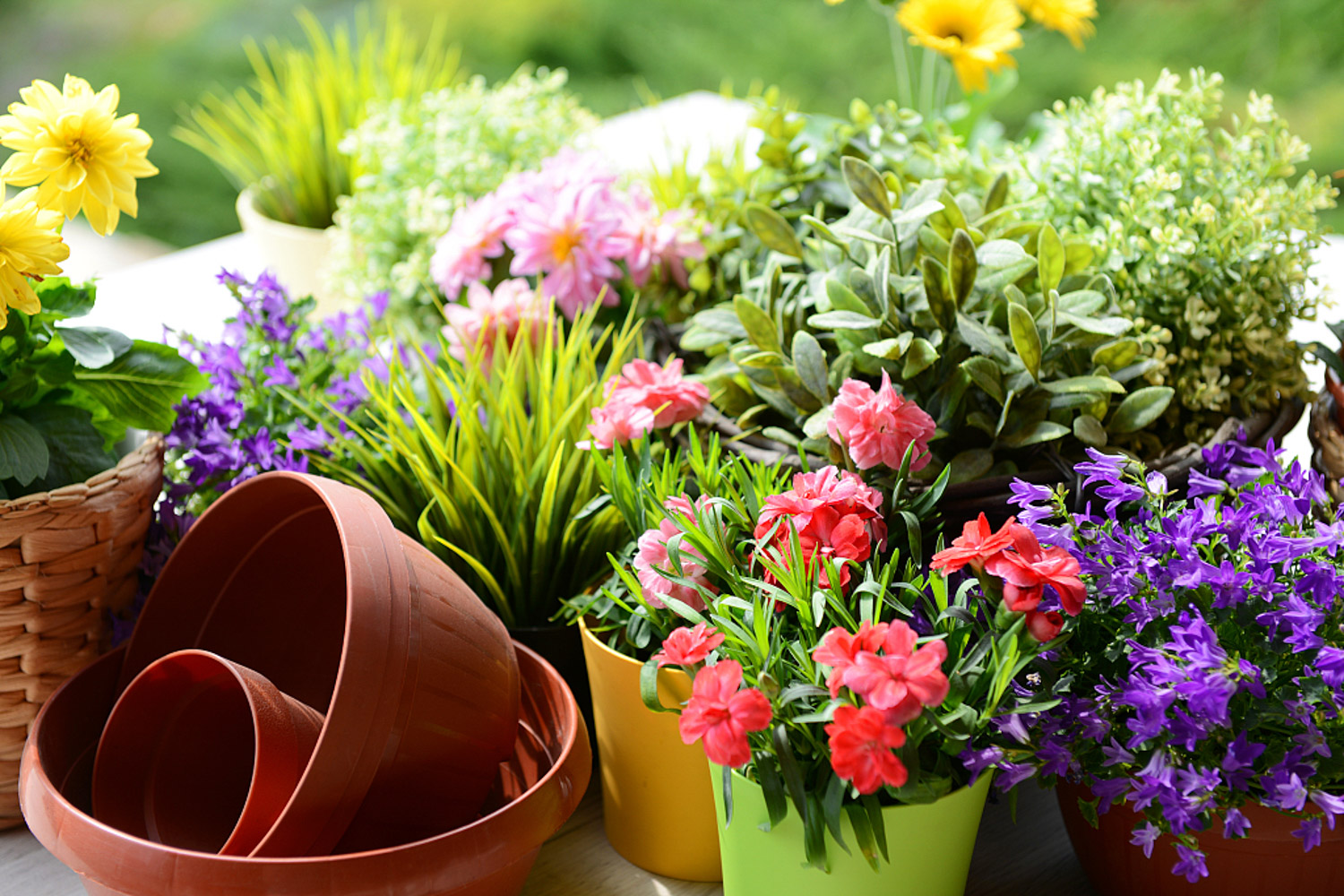
2. Spray the river sand on the top with a kettle
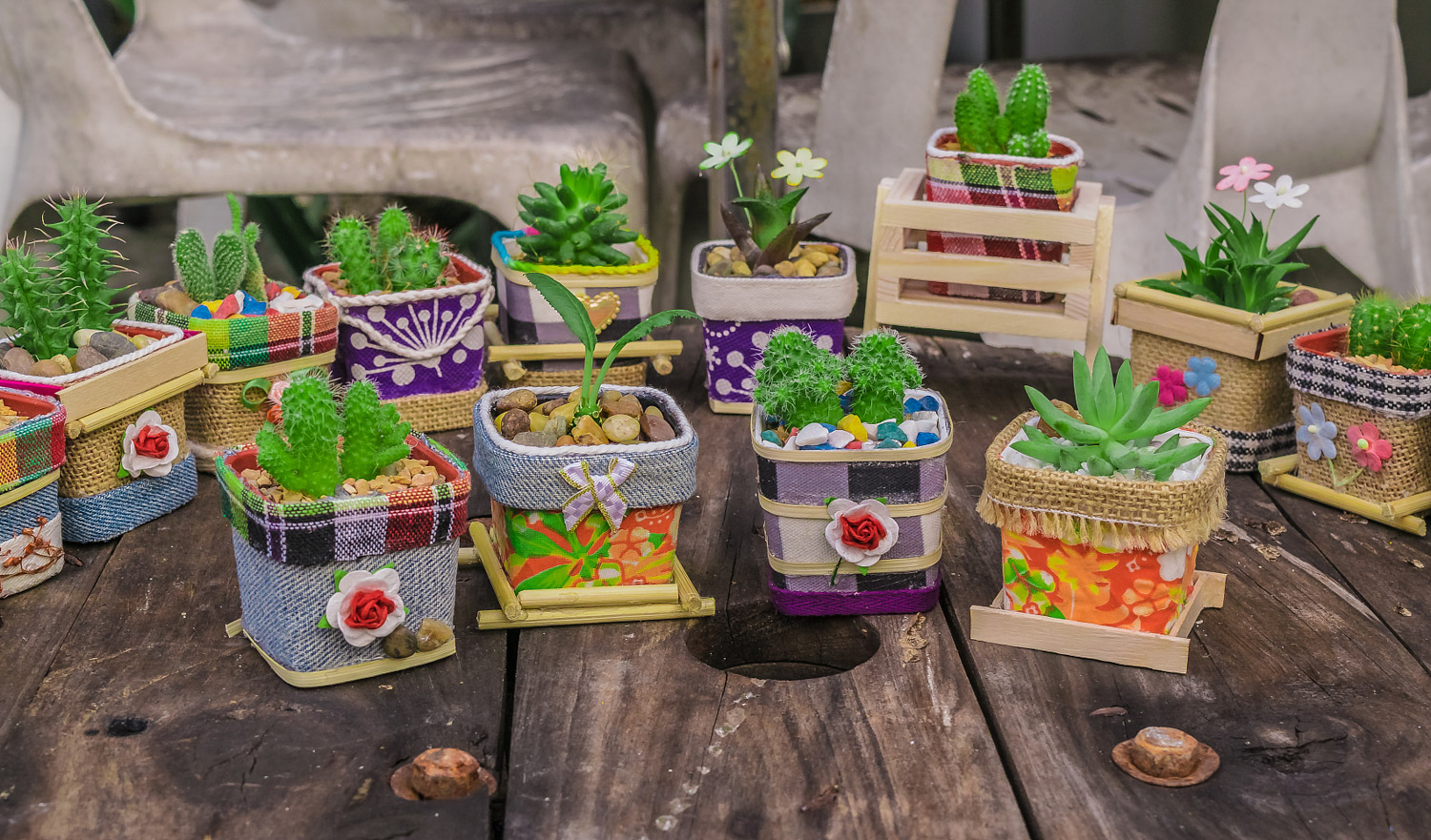
3. Use chopsticks or your fingers to poke a hole in the sand of the river, and put the meat cut off and the meat without roots into the hole
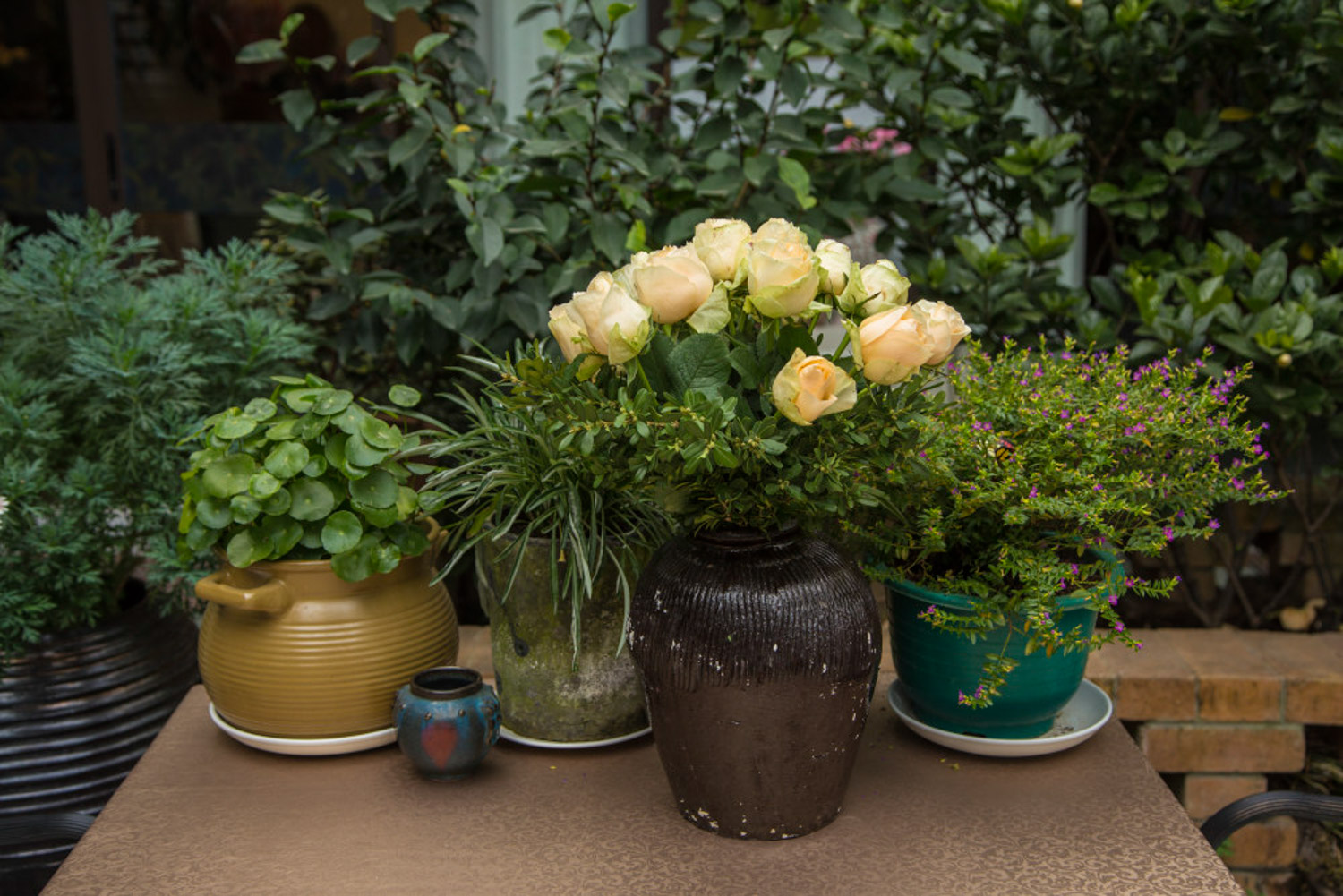
4. In the future, pay attention to spraying water on the river sand every day to maintain the air humidity
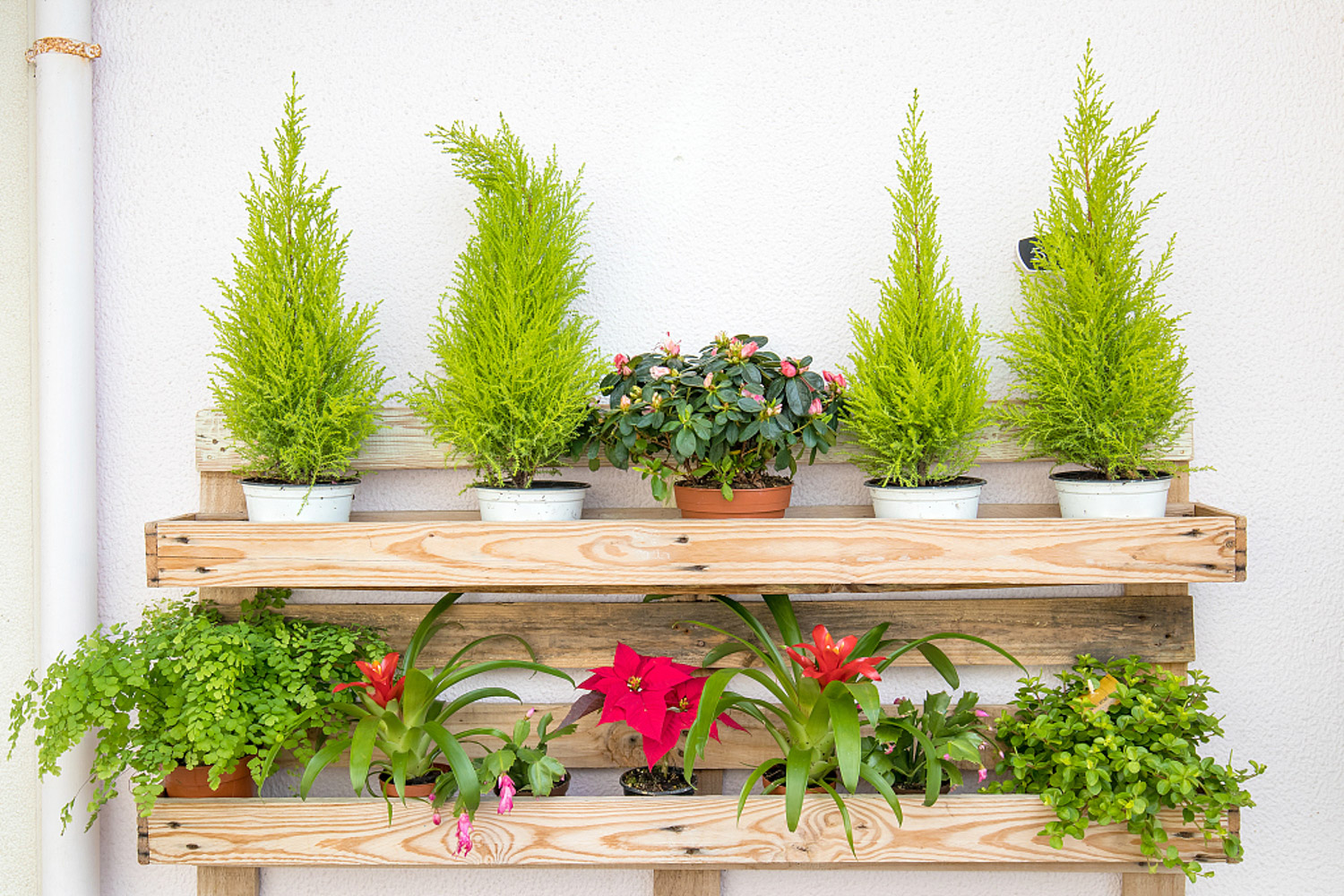
Flower friends without rooting powder at home
Try these things quickly
(Note: the pictures come from the Internet and the copyright belongs to the original author. Due to restrictions, some pictures cannot be found and the author has not been marked. If your rights and interests are infringed, please contact Huahua wechat qdxixi or qq1273160598 for deletion or copyright payment.)< span>

 how many times do yo...
how many times do yo... how many planted tre...
how many planted tre... how many pine trees ...
how many pine trees ... how many pecan trees...
how many pecan trees... how many plants comp...
how many plants comp... how many plants can ...
how many plants can ... how many plants and ...
how many plants and ... how many pepper plan...
how many pepper plan...



























